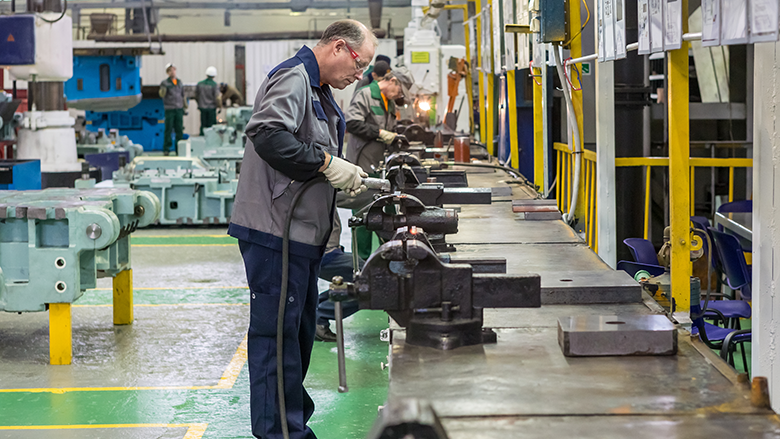June 27, 2019 - Rich countries may be retreating from trade liberalization, but developing countries are doing the opposite. Increasingly, they are using trade deals to increase growth, create jobs and integrate into global value chains.
Behind the trend is a better understanding of the role of trade as a driver of development—the result of a revolution in evidence on trade’s benefits, particularly through better trade data.
Trade data is voluminous and complex. Current trade databases cover over 5,000 products representing over 1 billion rows of data. Meanwhile the number of trade agreements has quintupled over the past 30 years.
Countries need up-to-date information on global trade to evaluate the potential impact of changing their trade policies, adhering to new trade agreements, and engaging in public debates on the trade-offs involved in trade. However, interpreting this volume of data requires large computing capacity and expert analysis.
Many developing countries do not have the tools necessary to make informed policy decisions aimed at improving their integration in the global economy. In the past, developing countries have expressed concern during trade negotiations with richer trading partners that they didn’t have the same access to trade-related information that developed countries had. Free and open source data has changed the equation.
Take, for example, the Deep Trade Agreements (DTA) database, which the World Bank Group first released in 2016. The database allows countries to see where it might be possible to deepen trading relationships depending on the levels of liberalization in specific sectors.

